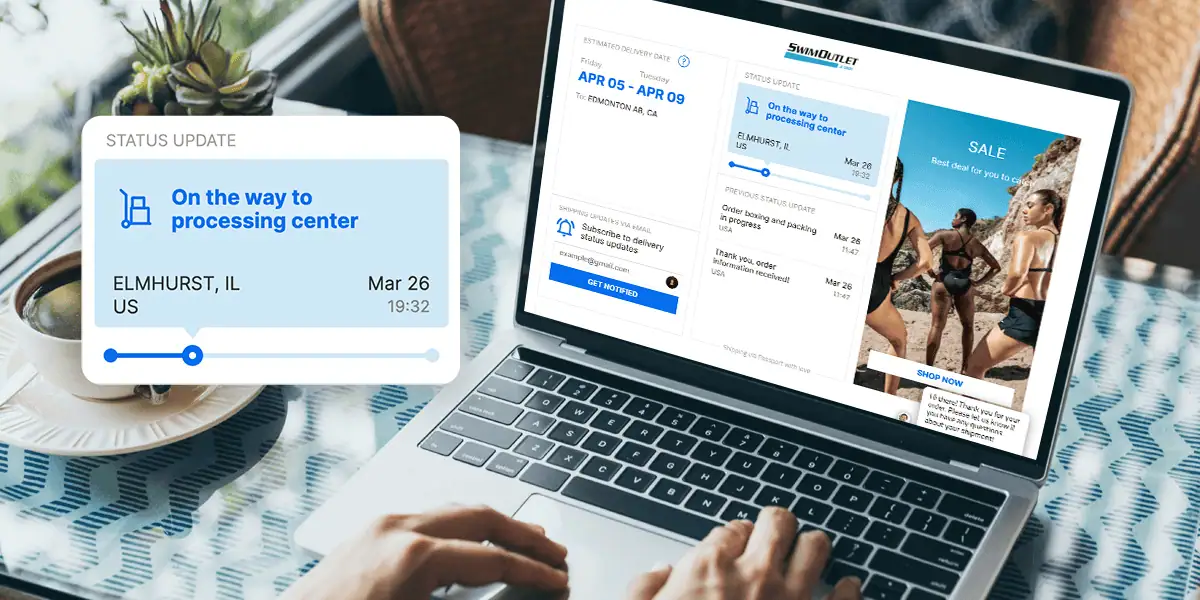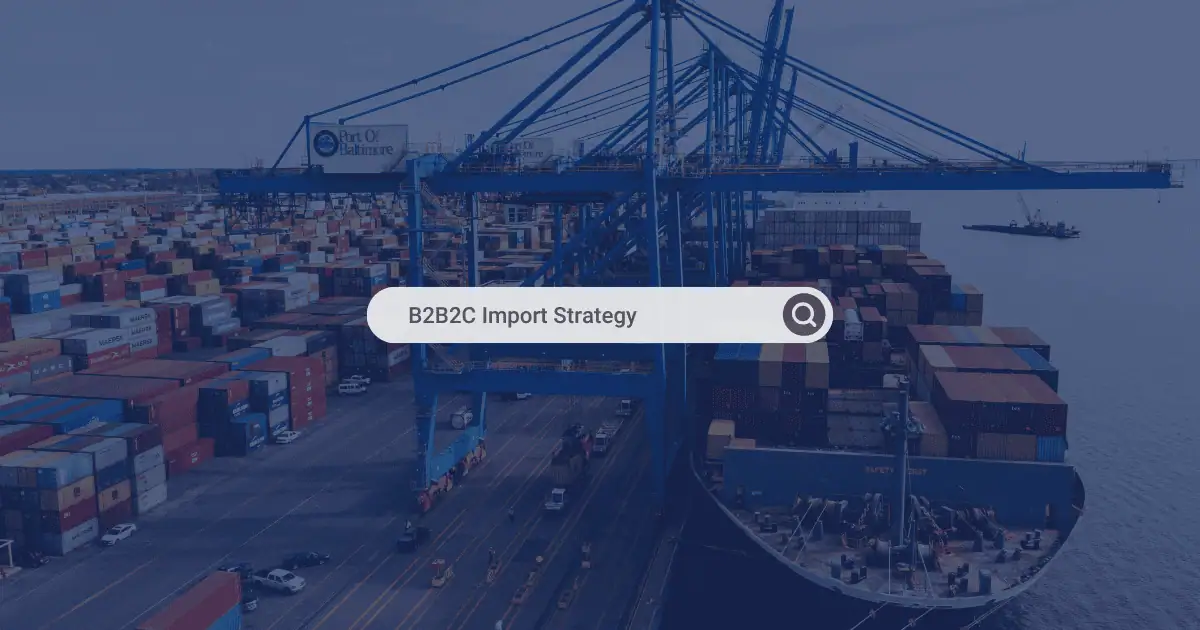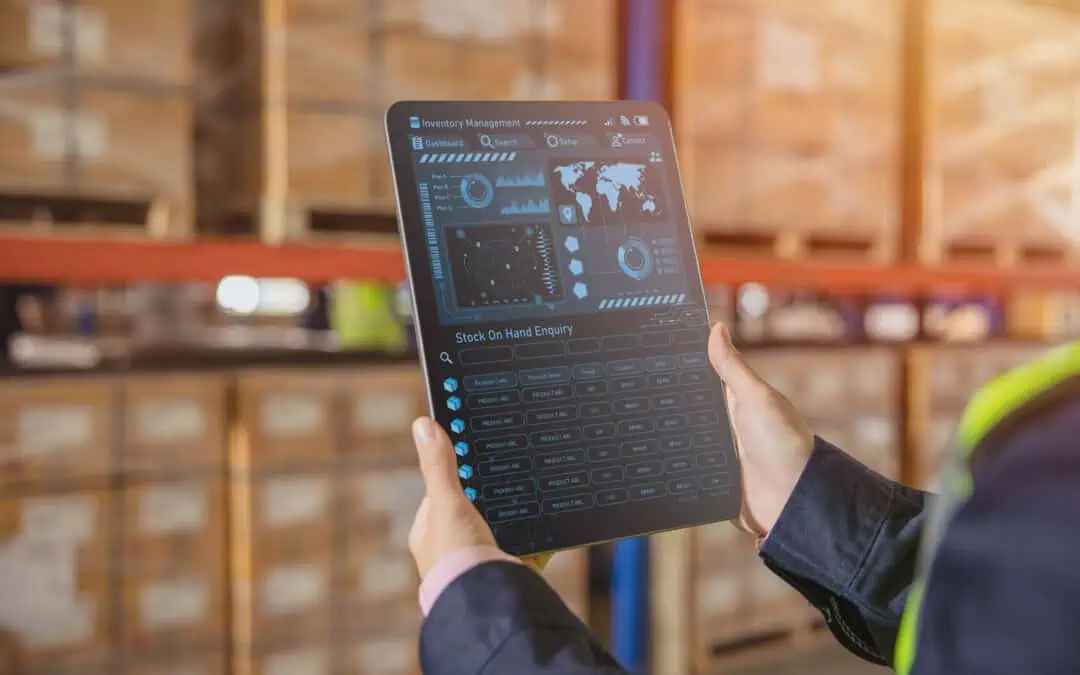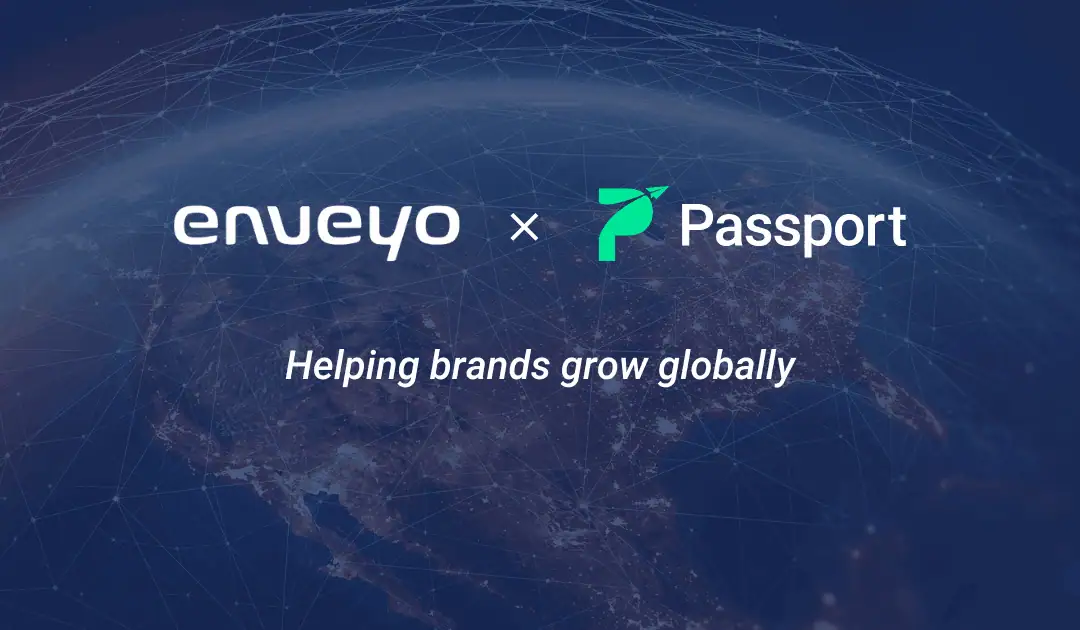With the end of the U.S. de minimis exemption for goods manufactured in China or Hong Kong, ecommerce merchants based outside the U.S. and shipping directly to U.S. consumers face a significant challenge.
A solution attracting considerable attention is the B2B2C model. But before adopting this approach, it’s crucial to understand what it entails and the potential risks and requirements involved.
What is the B2B2C Model?
At its core, the B2B2C (Business-to-Business-to-Consumer) model involves creating a U.S. entity to act as both the Importer of Record (IOR) and Merchant of Record (MOR). Here’s how it works:
- A U.S. consumer buys products online from your newly established U.S. entity.
- Your U.S. entity, in turn, purchases these products from your foreign company at an inter-company price.
- This inter-company price—lower than the consumer retail price—is used as the declared customs value, significantly reducing duties and fees.
Easy peasy lemon squeezy, right?
Many service providers make it sound that way. But remember, you are now the U.S. IOR. You are the party responsible for declaring the proper value. U.S. Customs and Border Protection (CBP) will hold you responsible for all fines, penalties, and fees. You are exposed to civil and criminal charges, not the service provider. Even if they are the MOR in the U.S., that has nothing to do with customs clearance. As the IOR, you have the responsibility of “reasonable care.”
Your Reasonable Care Responsibilities as a U.S. Importer of Record
CBP “requires an importer of record to use reasonable care to … complete the entry by submitting with CBP the declared value, classification and rate of duty and such other documentation or information as is necessary to enable CBP to properly assess duties, collect accurate statistics, and determine whether any other applicable requirement of law is met.” In CBP’s Informed Compliance publication on the matter, they provide a list of questions that the IOR should ask and answer. For example:
- Have you provided or established reliable procedures to provide CBP with a proper declared value for your merchandise in accordance with 19 U.S.C. § 1484 and 19 U.S.C. § 1401a?
- Have you taken measures or established reliable procedures to ensure that all of the legally required costs or payments associated with the imported merchandise have been reported to CBP (e.g., assists, all commissions, indirect payments or rebates, royalties, proceeds, etc.)?
- Have you established a reliable program or procedure to produce any required entry documentation and supporting information?
- Have you consulted the CBP valuation laws and regulations, Customs Valuation
- Encyclopedia, CBP’s informed compliance publications, court cases and CBP’s rulings on CROSS to assist you in valuing merchandise?
- Have you consulted with a customs “expert” (e.g., attorney, licensed customs broker, customs consultant) to assist in the valuation of the merchandise?
- Do you have a complete set of documents from the import transaction ready for CBP review, including purchase orders, invoices, sales agreements, shipping documents, and proof of payment?
- If you purchased the merchandise from a “related” seller, have you established procedures to ensure that you have reported that fact upon entry and taken measures or established reliable procedures to ensure that value reported to CBP meets one of the “related party” tests? See 19 U.S.C. § 1401a(b)(2)(B); 19 C.F.R § 152.103(l).
One of the most important questions they provide is, “Have you consulted with a customs “expert” (e.g., attorney, licensed customs broker, customs consultant) to assist in the valuation of the merchandise?”
Don’t assume that the service provider pitching a B2B2C model is any of these things — ask. When your provider says to use the “wholesale” price or the “fair market value” as the declared value for customs, you should know that neither of these terms are recognized by CBP. They are general marketing terms that CBP will disregard.
How Passport Can Help You Achieve Compliance
Passport provides comprehensive, compliant support tailored explicitly for ecommerce merchants shipping directly to the U.S.:
- Expertise and Authority: Our in-house team includes licensed U.S. customs brokers and trade compliance experts with decades of industry experience.
- Legal Validation: We collaborate with top trade attorneys, ensuring your declared values are compliant and your compliance strategy is audit-ready.
- Full Documentation Support: Passport helps establish reliable valuation procedures, inter-company pricing agreements, and transfer pricing studies.
In addition to the valuation questions that CBP provides, here are some other very important considerations to ask a provider offering a B2B2C service:
- What type of U.S. entity minimizes state and federal tax exposure?
- What is the correct way to structure inter-company pricing?
- How will shipment routing impact the valuation method and the declared value calculation?
- What Incoterms should I use?
- How will the timing of Ownership, Title, and Risk of Loss transfer impact valuation?
- What’s the optimal customs clearance model and customs entry type?
- How will the related party transaction be reported on the customs declaration?
- What’s the best way to pay US duties and fees to limit third party fees?
- What’s the payment flow between parties?
- What terms of sale must I present to the US consumer?
- How do I set up inter-company accounting?
- How do I ensure robust record-keeping for five years?
The B2B2C model can offer a viable path forward for ecommerce merchants facing the end of the U.S. de minimis exemption for products made in China or Hong Kong. However, careful planning, expert guidance, and rigorous compliance practices are essential to avoid potentially severe legal and financial risks.
Passport is here to help you navigate these complexities, ensuring your U.S. market entry remains profitable, compliant, and worry-free.
Ready to learn more? Join us live next Friday, May 16th at 9:00am EST / 14:00 UK time as we explore the impacts of the de minimis change and how brands can compliantly mitigate impacts. Register here.
Want to discuss potential solutions? Reach out to Neoshi Chhadva, General Manager of U.S. Solutions, neoshi@passportglobal.com.
This article is provided for informational purposes only and does not constitute legal advice. Merchants are advised to consult with their customs broker and legal counsel to ensure compliance with all applicable laws and regulations based on their specific circumstances.











